The 21st century has ushered in a new age where all aspects of our lives are impacted by technology. How will humanity anticipate, mitigate, and manage the consequences of AI, robots, quantum computing and more? How do we ensure tech works for the good of all? This Ashoka series sheds light on the wisdom and ideas of leaders in the field.
Dr. Stephen Friend is a globally acclaimed serial entrepreneur and biomedical researcher. He currently is the President and co-founder of 4YouandMe, a visiting Professor of Connected Medicine at Oxford University and Chairman of the Board of Directors of Sage Bionetworks, where he was co-founder and President. He previously held positions at Apple, was Senior Vice President at Merck & Co, founded and led Rosetta Impharmatics, and was an Associate Professor at Harvard Medical School. He was elected an Ashoka Fellow in 2011. Before venturing into medicine and cancer research, he studied anthropology and philosophy.
Konstanze Frischen (Ashoka): Stephen, how can AI help us live healthier?
Stephen Friend: It’s simple: Wearable devices – rings or watches that register heartbeat and all kinds of other physiological data – today can allow individuals to follow themselves. But the potential is bigger: What we are betting on is that we can use AI and machine learning to analyze these data in ways that better track stress and individual symptoms so we can forecast the onset or worsening of chronic diseases like migraines, MS, Crohn’s disease, or even vulnerable times of metamorphosis, like pregnancy or menopause.
KF: And what are you learning?
SF: We are learning how to collect multidimensional, longitudinal data on chronic illnesses – and the results are remarkably strong. An individual’s physiological data – variable heart rate, breathing patterns, skin tone, and much more – yield patterns that correlate with flares of symptoms. And we are setting up studies to test if the more centered a person is in themselves, the lesser the degree of their illness. Conversely, we can see that stress is a breeding ground for symptoms.
KF: So, the data generated by wearables show that our states of mind like stress or wellbeing are underpinned by physiological markers that correspond to diseases?
SF: Yes, this is what we expect to verify. The signals are numerous, and in unison. The body has a way of responding to stress that changes your voice, blood pressure, sleep, what’s going on in your pancreas, your sweat and so on. And the ability to pick these data sets up and stick all of them together, means we can get a pretty good idea of how someone is doing and can start to make individual forecasts for a patient when a disease is likely to start or flare up.
Image Credit: New York Times
News This Week
False Memories Under Fire: Surprising Science Behind What We Really Recall
New research challenges the ease of implanting false memories, highlighting flaws in the influential “Lost in the Mall” study. By reexamining the data from a previous study, researchers found that many supposed false memories [...]
Born Different? Cambridge Scientists Uncover Innate Sex Differences in Brains
Cambridge researchers found that sex differences in brain structure exist from birth, with males having more white matter and females more grey matter, highlighting early neurodiversity. Research from the Autism Research Centre at the University [...]
New study shows risk factors for dementia – virus causes deposits in the brain
Research into the causes of Alzheimer's is not yet complete. Now a new study shows that head trauma can activate herpes viruses and promote the disease. Frankfurt am Main – As a neurodegenerative disease, [...]
Are Machines Truly Thinking? Modern AI Systems Have Finally Achieved Turing’s Vision
Modern AI systems have fulfilled Turing’s vision of machines that learn and converse like humans, but challenges remain. A new paper highlights concerns about energy consumption and societal inequality while calling for more robust [...]
The Surprising Link Between Smell, Sound, and Emotions
New research reveals how smell and hearing interact in the brain to drive social behavior, using mouse maternal instincts as a model. Imagine you’re at a dinner party, but you can’t smell the food [...]
Brain cells age at different rates
As our body ages, not only joints, bones and muscles wear out, but also our nervous system. Nerve cells die, are no longer fully replaced, and the brain shrinks. "Aging is the most important risk factor [...]
Long COVID Breakthrough: Spike Proteins Persist in Brain for Years
Researchers have discovered that the SARS-CoV-2 spike protein persists in the brain and skull bone marrow for years after infection, potentially leading to chronic inflammation and neurodegenerative diseases. Researchers from Helmholtz Munich and Ludwig-Maximilians-Universität (LMU) have [...]
Water-Resistant Paper Could Revolutionize Packaging and Replace Plastic
A groundbreaking study showcases the creation of sustainable hydrophobic paper, enhanced by cellulose nanofibres and peptides, presenting a biodegradable alternative to petroleum-based materials, with potential uses in packaging and biomedical devices. Researchers aimed to [...]
NIH Scientists Discover Game-Changing Antibodies Against Malaria
Novel antibodies have the potential to pave the way for the next generation of malaria interventions. Researchers at the National Institutes of Health (NIH) have identified a novel class of antibodies that target a previously unexplored region [...]
Surprising Discovery: What If Some Cancer Genes Are Actually Protecting You?
A surprising discovery reveals that a gene previously thought to accelerate esophageal cancer actually helps protect against it initially. This pivotal study could lead to better prediction and prevention strategies tailored to individual genetic [...]
The Cancer Test That Exposes What Conventional Scans Miss
Researchers at UCLA have unveiled startling findings using PSMA-PET imaging that reveal nearly half of patients diagnosed with high-risk prostate cancer might actually have metastases missed by traditional imaging methods. This revelation could profoundly affect future [...]
Pupil size in sleep reveals how memories are processed
Cornell University researchers have found that the pupil is key to understanding how, and when, the brain forms strong, long-lasting memories. By studying mice equipped with brain electrodes and tiny eye-tracking cameras, the researchers [...]
Stanford’s Vaccine Breakthrough Boosts Flu Protection Like Never Before
Stanford Medicine researchers have developed a new method for influenza vaccination that encourages a robust immune response to all four common flu subtypes, potentially increasing the vaccine’s efficacy. In laboratory tests using human tonsil [...]
Water’s Worst Nightmare: The Rise of Superhydrophobic Materials
New materials with near-perfect water repellency offer potential for self-cleaning surfaces in cars and buildings. Scientists from Karlsruhe Institute of Technology (KIT) and the Indian Institute of Technology Guwahati (IITG) have developed a surface [...]
Japanese dentists test drug to help people with missing teeth regrow new ones
Japanese dentists are testing a groundbreaking drug that could enable people with missing teeth to grow new ones, reducing the need for dentures and implants, AFP recently reported. Katsu Takahashi, head of oral surgery at [...]
An AI system has reached human level on a test for ‘general intelligence’
A new artificial intelligence (AI) model has just achieved human-level results on a test designed to measure "general intelligence." On December 20, OpenAI's o3 system scored 85% on the ARC-AGI benchmark, well above the previous AI best [...]
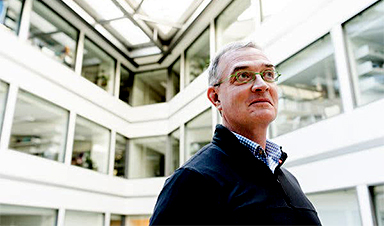


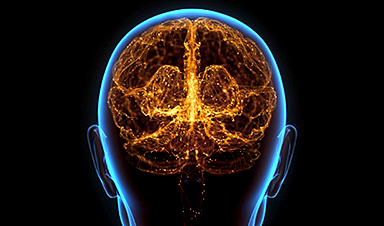

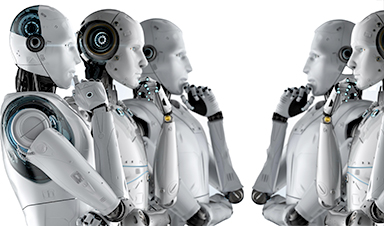

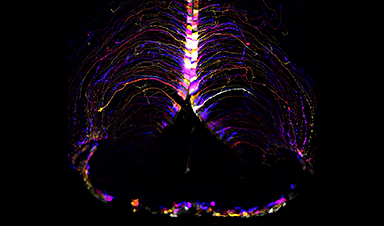
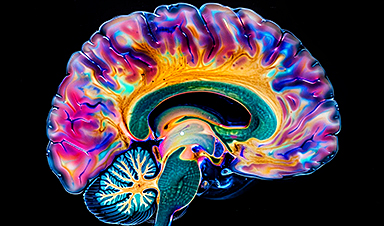

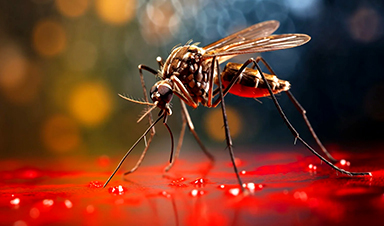
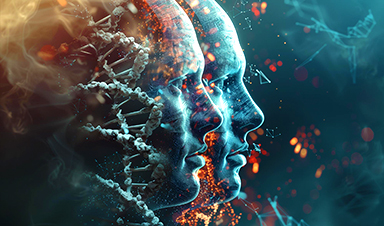
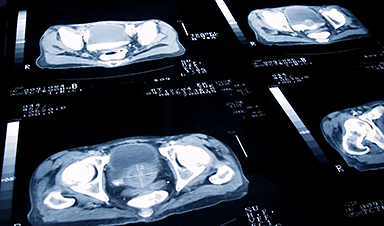
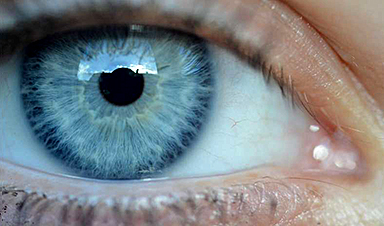
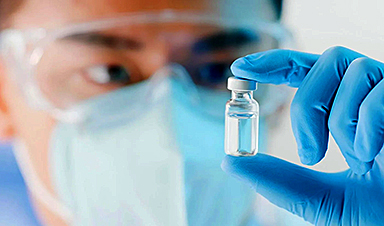


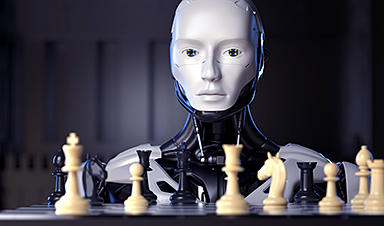



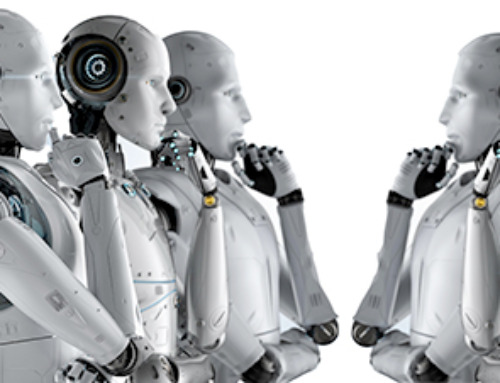


Leave A Comment